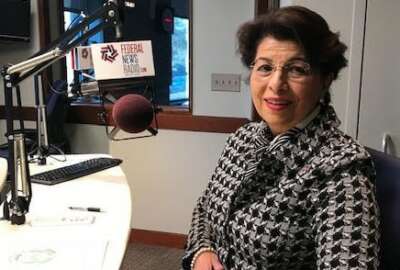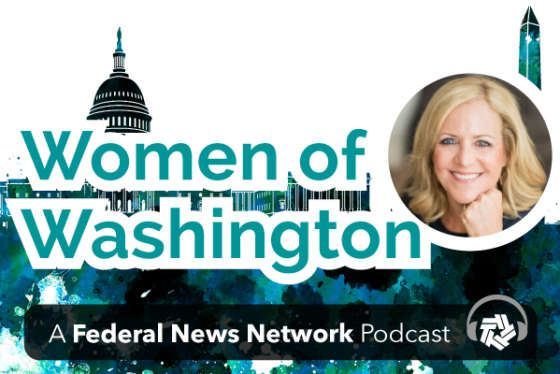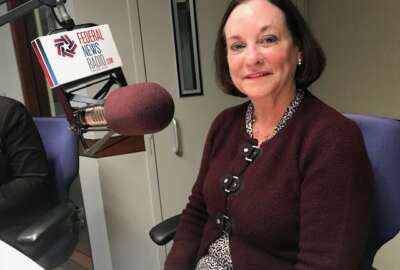
Labor Department a champion for women’s workplace rights
Tiffany Boiman, director of office and policy programs at the Labor Department's Women's Bureau, joined Women of Washington to discuss her career path and the...
Best listening experience is on Chrome, Firefox or Safari. Subscribe to Women of Washington’s audio interviews on Apple Podcasts or PodcastOne.
Women have had a workplace rights office for almost a century. Once only 20 percent, women now make up almost half of the workforce. But have these facts actually helped women’s struggles for equality?
On this episode of Women of Washington, Gigi Schumm welcomed Tiffany Boiman, director of the office of policy and programs at the Labor Department’s Women’s Bureau. Boiman said her position is based on research and policy analysis and providing anyone and everyone access to that information from private sector employees to federal workers to individual women.
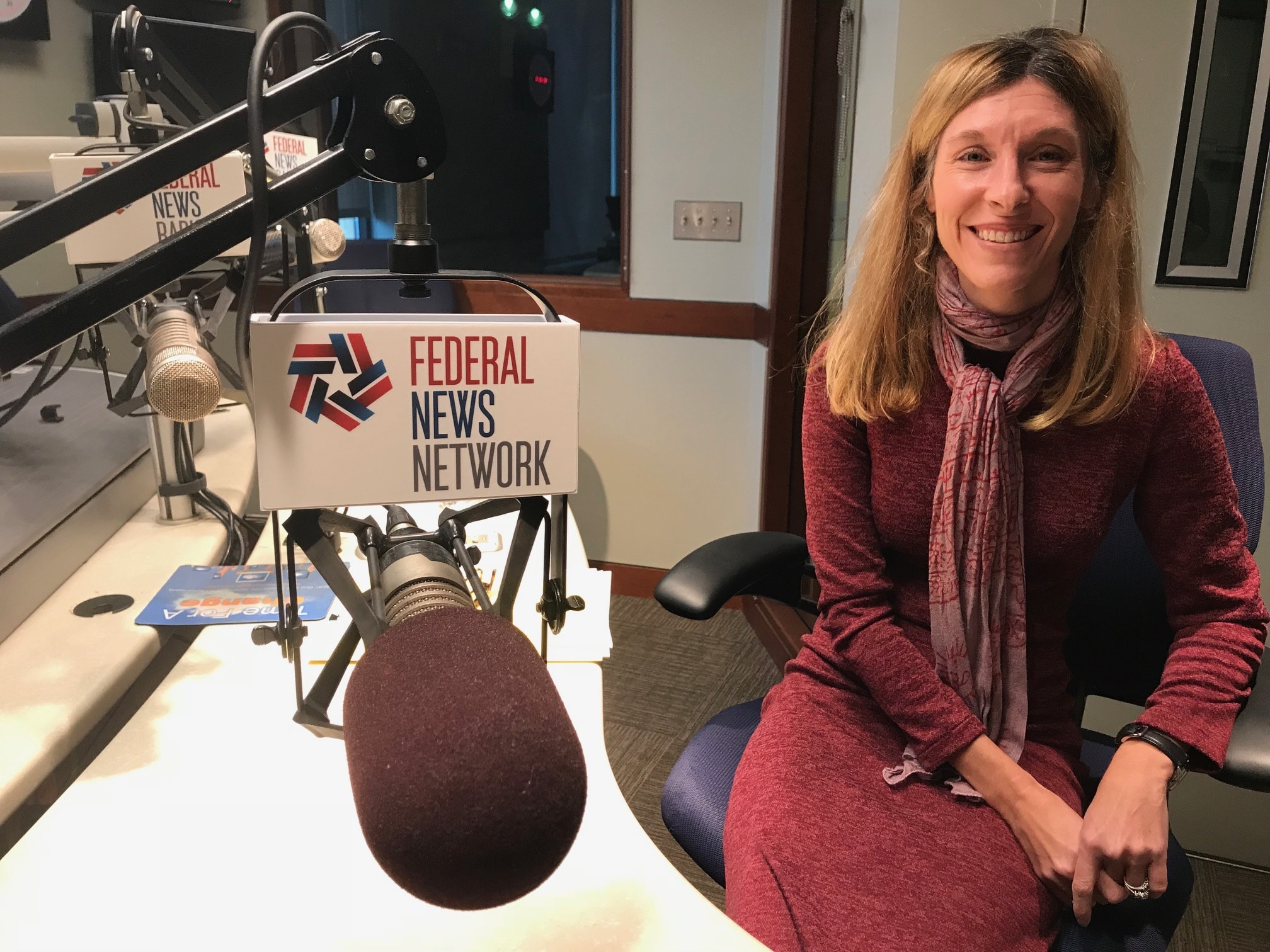
This includes information on women’s job rights, which she says continue to circle the same questions of equality.
Gender-occupational segregation
More than half of the problem starts from the choices people make in terms of occupation. Boiman said people often self-select themselves into certain types of jobs that may in general have more men or women.
“There is the issue of implicit or unconscious bias,” she said. “Where people are not consciously bringing a set of gender expectations about abilities, aptitudes and performance. I think that absolutely is an issue when you look at women’s advancement opportunities and things like that.”
One question an employer often asks in the interview process is how much the potential employee made at a previous job. If the bias existed in a previous position, it would then follow the employee throughout their career — thus a pay-gap is more likely.
Boiman said this is one reason why women often come into a new position at a salary disadvantage. It’s not always intentional or inevitable, she said. There are some places in both the private and public sector where a job is valued prior to the interview process.
“One of the things a handful of states are doing is trying to ban salary history as a point of negotiation to try and help level the playing field,” Boiman said.
When you add children to the mix, a culture gap develops between the way men and women are viewed, Boiman said. In many cases, men are often seen in a more positive light and may even receive a pay bump, while women may seem less committed to their career when they choose to stay home with their kids.
“I do think there’s a lot we can do from an education standpoint in getting people to just think a little more consciously about the biases that they bring in dealing with employees of different genders,” she said. “People want to do the right thing, but I think a lot of times they’re not even thinking consciously about the ways in which they’re bringing disparate sets of expectations.”
Career development
Boiman said a lot of her inspiration came from her mother, who was part of what she called a “vanguard” of women who worked in the computer programming field during its beginning. So she comes from generations of women who made their own rules.
She took her first women’s studies class in her sophomore year of college, and she was hooked.
“In those years, I felt like I had found my calling. This is what I wanted to do with my life. I enrolled in as many gender-focused classes as I could,” she said. “That was really the moment for me.”
Related Stories
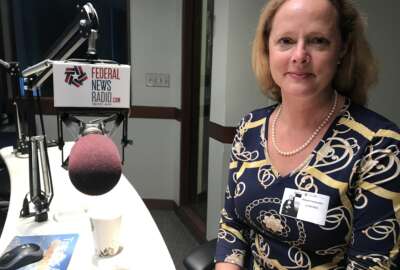
Maintaining the right ecosystem for success
“I really liked being in the room and having a hand in that process,” she said.
Now in a managerial role, Boiman said she works with a team of 10 to 15 people who do the majority of the front line researching. However, she still considers herself to be very data-focused.
In terms of work-life balance, she said it’s still a work in progress. She’s had to learn how to be willing to ask for help when she’s struggling.
“For a lot of years, I felt like I needed to soldier on alone. These were my issues and my issues alone. I tried to keep this kind of strict firewall between home and work in ways that often did not serve me well,” she said. “I think I’ve gotten better about asking for help both at work and in my personal life.”
She said she used to be wary about telling her bosses when she had a familial obligation — not anymore. Even in her office, she makes sure her employees understand that it’s OK. Boiman said she’s also impressed with the different states that have started rolling out paid family leave policies, both for men and women.
Originally planning to become a journalist, Boiman opted for studying public policy in graduate school instead.
Biggest piece of advice for women in the workplace, or those trying to find their place?
“Two things. One, don’t be afraid to take some risks. I look back on my career and I think there were times where I followed the path that seemed responsible … and I think it took me longer to reach my destination as a result,” she said. “The other thing is to let go of self-doubt.”
Confidence is not a replacement for competence, she said, but letting go of insecurities can free up more room to chase opportunity.
Copyright © 2025 Federal News Network. All rights reserved. This website is not intended for users located within the European Economic Area.
Steff Thomas is a digital editor at Federal News Network.


